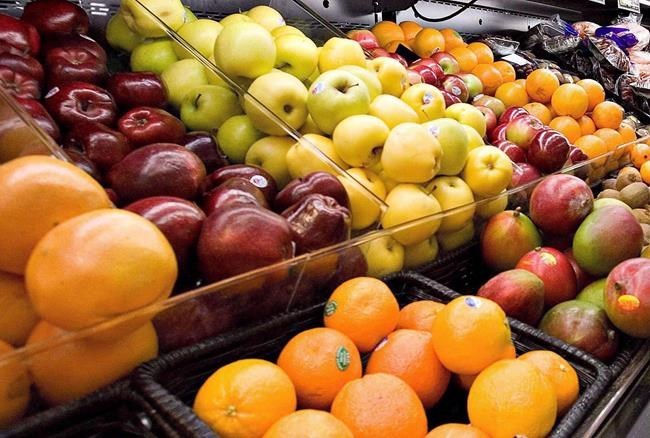THUNDER BAY -- The starving student lifestyle is developing a morbidly literal meaning at Lakehead University, according to a study released this week.
Forty-six per cent of Lakehead students self-report as living food-insecure, according to a survey of over 4,000 students at five Canadian universities conducted by youth food security charity, Meal Exchange. A person is considered food-insecure when they lack reliable access to a sufficient supply of affordable and nutritious food.
The student bodies at Lakehead and Dalhousie universities were the most food-insecure among the schools surveyed for the report.
The stereotype of student culture has long been associated with converting empty beer bottles to high-calorie, low-nutrient meals that can be boiled in five minutes or less.
The report suggests students are experiencing more acute poverty today, one that's comparable to other low-income groups in Canada.
It says students are being crushed under a 28 per cent national youth unemployment rate, accumulating a record average student debt of $37,000 and struggling to pay for textbooks or necessities.
Increasingly, it argues, students are choosing to go without food. One in four admitted to skipping meals and one in 10 had gone an entire day without eating because they couldn't afford it.
None of that is a surprise to Lakehead University Student Union president Roman Jakubowski.
"This is the logical outcome of student poverty," he said.
"I think there needs to be a big expansion of affordable, accessible food options. We can't be living in a society where we're OK with people not eating. You go to school and you don't eat, are you going to pass your test in the afternoon? I don't think so."
The options that do exist at Lakehead are being heavily used. The People's Potato is serving 100 students weekly, free spaghetti meals.
The LUSU food bank has seen 676 unique weekly food basket users this season alone, compared to 878 over the entire 2015-2016 school year. Among those, a third are international students and another third are living with dependents such as children or seniors.
Food bank coordinator Robert Strachan is seeing a more diverse student body with fewer middle class young people and more colleagues in their 30s to 50s training for a second career. He echoed Meal Exchange's call to consider students in a class of their own and provide a guaranteed minimum income.
"It's important that the federal government and provincial governments really look into this because food insecurity isn't just about hungry students living off of ramen noodles," he said.
"It's about people not getting the nutrition they need and how that impacts their health in general and their life into the future."
Lakehead University's communications office issued a statement on Friday, suggesting financial and physical health of its student body is a priority for its administration. The statement points out Lakehead provided over $11 million in scholarships and bursaries last year and financially supports the LUSU Food Bank.
University officials urged students who are experiencing financial challenges to contact the Student Financial Aid Office.
